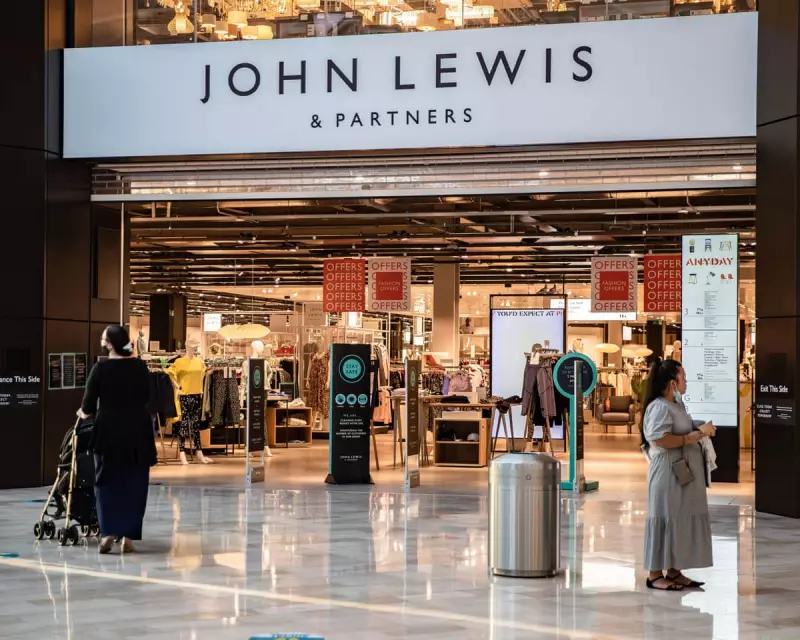
A perfect storm of industrial action and retail woes is gripping the UK this Wednesday, with London bearing the brunt of the disruption. The capital's transport network has been thrown into disarray for a fourth consecutive day, while retail giant John Lewis has delivered a gloomy financial update.
Transport Network Grinds to a Halt
Commuters in London are facing another day of severe travel misery as a 48-hour strike by Rail, Maritime and Transport (RMT) union members on the Tube network continues unabated. This marks the fourth day of widespread disruption, causing major delays, overcrowding on alternative routes, and significant headaches for millions attempting to navigate the city.
The industrial action has effectively crippled large sections of the Underground network. Transport for London (TfL) is advising passengers to work from home if possible or allow for extensive additional journey time, warning that many stations remain closed or are exit-only.
John Lewis Partnership Deepens Its Losses
In a parallel blow to the UK's economic landscape, the John Lewis Partnership has announced a substantial widening of its losses for the first half of the year. The employee-owned retail group, which owns both John Lewis department stores and Waitrose supermarkets, is reporting a pre-tax loss significantly larger than analysts had projected.
This disappointing financial performance underscores the intense pressure facing the UK high street, with rising operational costs, shifting consumer habits, and fierce online competition squeezing traditional retailers.
A Broader Economic Picture
Beyond the immediate travel and retail headlines, all eyes are on the European Central Bank (ECB) as it prepares to announce its latest decision on interest rates. Economists are widely anticipating a cut, a move that would be closely watched by the Bank of England as it grapples with its own strategy against persistent inflation.
Later today, crucial US inflation data is also due for release, which is expected to heavily influence future global monetary policy decisions and market sentiment.
For Londoners and UK business leaders alike, it's a day defined by gridlock on the roads and uncertainty in the markets.





